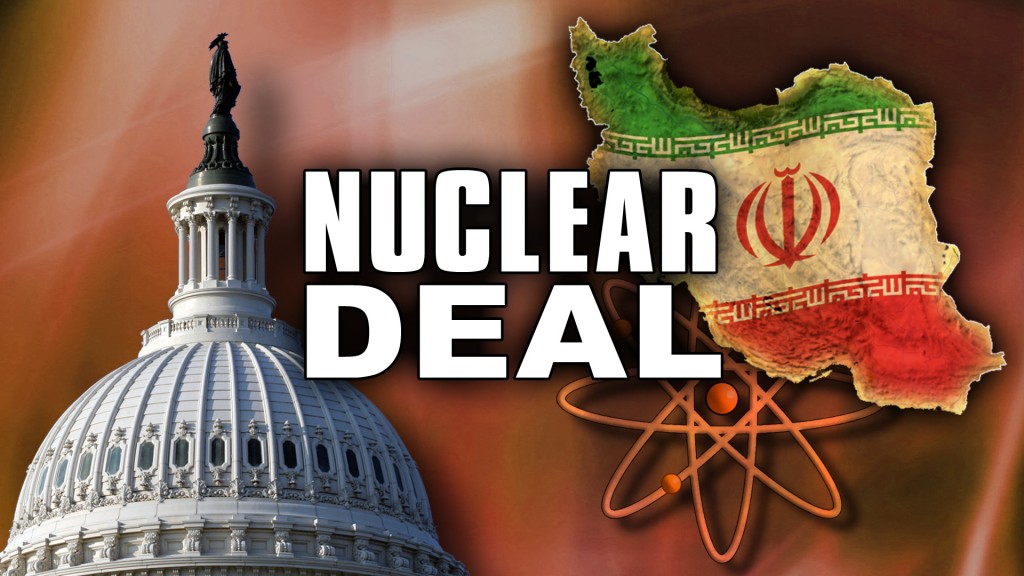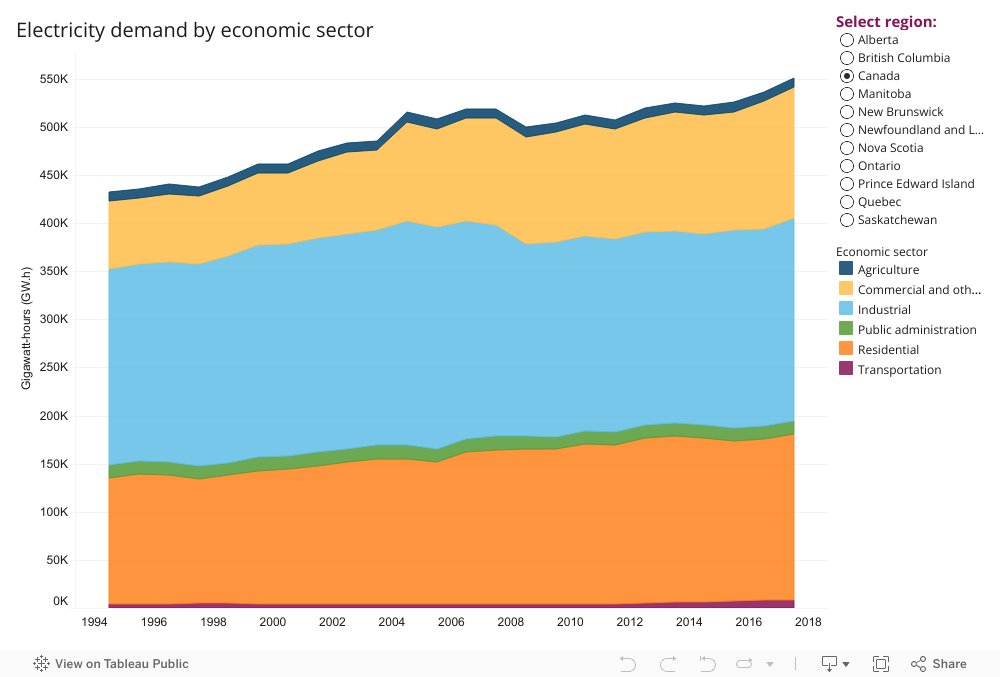Iran Nuclear Deal: Latest Talks End Without Breakthrough

Table of Contents
Key Sticking Points in the Negotiations
The failure to revive the JCPOA stems from several critical disagreements between Iran and the other participating parties (the E3+3: France, Germany, the United Kingdom, China, Russia, and the United States).
Disagreements over Uranium Enrichment
Iran's uranium enrichment program lies at the heart of the ongoing dispute. Uranium enrichment, the process of increasing the proportion of uranium-235 in natural uranium, is crucial for both nuclear power generation and the production of nuclear weapons. The level of enrichment determines the potential use. While Iran insists its program is solely for peaceful purposes, the international community remains concerned about its potential to rapidly produce weapons-grade material.
The disagreements center on the acceptable levels of enrichment and the capacity of Iran's enrichment facilities. Iran currently enriches uranium to levels far exceeding those permitted under the JCPOA.
- Iran demands the lifting of sanctions before scaling back enrichment, arguing that sanctions have crippled its economy and prevented it from fully benefiting from the deal.
- The E3+3 want simultaneous steps to de-escalate tensions, insisting that Iran must first significantly reduce its enrichment activities before substantial sanctions relief is considered.
- A major point of contention revolves around verification mechanisms. The international community demands robust and transparent IAEA inspections to ensure Iran's compliance with any future agreement.
Sanctions Relief and Economic Concerns
The crippling economic sanctions imposed on Iran since the US withdrawal from the JCPOA in 2018 are a major obstacle to reaching a new agreement. Iran has suffered significantly under these sanctions, experiencing hyperinflation, unemployment, and shortages of essential goods.
- Iran seeks the complete removal of all sanctions imposed since 2018, arguing that these sanctions are unjust and hinder its economic recovery.
- Western powers are hesitant to lift all sanctions at once, fearing that Iran might not use the economic relief for peaceful purposes and might instead accelerate its nuclear program.
- A key area of debate involves the scope and verification of sanctions relief. The international community seeks clear mechanisms to monitor how Iran uses any sanctions relief to ensure it complies with the terms of a revived agreement.
Guarantees of Non-Proliferation
Underlying all negotiations are concerns about Iran's long-term nuclear intentions. While Iran denies any ambition to develop nuclear weapons, the international community remains wary given Iran's past actions and opaque nuclear activities.
- The IAEA's inspection and verification procedures are paramount. Robust monitoring is needed to ensure that Iran's nuclear program remains peaceful.
- Concerns persist regarding Iran's potential for rapid advancement in nuclear technology. Even with limitations, Iran possesses a considerable technological base, enabling rapid progress if restrictions are removed.
- Disputes surround the length and scope of guarantees for compliance. The international community wants assurances that any agreement will remain in place for a sufficient period, preventing a repeat of the situation that led to the 2018 withdrawal.
Potential Implications of the Failed Talks
The failure to revive the JCPOA has severe implications, impacting regional stability, increasing the risk of nuclear proliferation, and damaging international cooperation.
Regional Instability
The ongoing stalemate significantly increases regional tensions.
- Increased military activity in the region is likely, particularly in the Persian Gulf.
- Heightened risks of conflict exist, as mistrust between Iran and its regional rivals escalates.
- The lack of a deal could embolden Iran's adversaries, leading to further destabilization.
Nuclear Proliferation Risks
A failure to reach an agreement substantially increases the risk of Iran developing nuclear weapons.
- Iran could accelerate its enrichment program, potentially nearing weapons-grade uranium levels.
- This could trigger a regional nuclear arms race, destabilizing the entire Middle East.
- The potential for nuclear proliferation poses a global threat, impacting international security.
International Relations
The stalled negotiations negatively affect international cooperation and diplomacy.
- The breakdown of trust between Iran and the West further damages already strained relations.
- It undermines international efforts to prevent nuclear proliferation, setting a dangerous precedent.
- The failure casts doubt on the effectiveness of multilateral diplomacy in resolving complex geopolitical issues.
Conclusion
The failure to reach a breakthrough in the latest Iran nuclear deal talks represents a significant setback for international efforts to prevent nuclear proliferation. The lack of progress on key sticking points, particularly regarding uranium enrichment, sanctions relief, and guarantees of non-proliferation, has heightened regional instability and increased the risks of conflict. Moving forward, a renewed commitment to diplomacy and a willingness to compromise from all parties are crucial to reviving the Iran nuclear deal and mitigating the escalating risks. Further negotiations on the Iran nuclear deal are essential to ensure regional stability and prevent a potential nuclear arms race. Continued monitoring of the situation and the upcoming diplomatic efforts regarding the Iran nuclear deal are vital.

Featured Posts
-
 Canadian Travel Boycott A Fed Snapshot Reveals Economic Repercussions
Apr 28, 2025
Canadian Travel Boycott A Fed Snapshot Reveals Economic Repercussions
Apr 28, 2025 -
 Mets Rotation Battle How A Change Elevated One Starter
Apr 28, 2025
Mets Rotation Battle How A Change Elevated One Starter
Apr 28, 2025 -
 Walk Off Win For Pirates Against Yankees
Apr 28, 2025
Walk Off Win For Pirates Against Yankees
Apr 28, 2025 -
 Addressing The O Neill Void Red Sox Roster Strategies For 2025
Apr 28, 2025
Addressing The O Neill Void Red Sox Roster Strategies For 2025
Apr 28, 2025 -
 At And T Raises Alarm Over Extreme V Mware Price Hike After Broadcom Deal
Apr 28, 2025
At And T Raises Alarm Over Extreme V Mware Price Hike After Broadcom Deal
Apr 28, 2025
